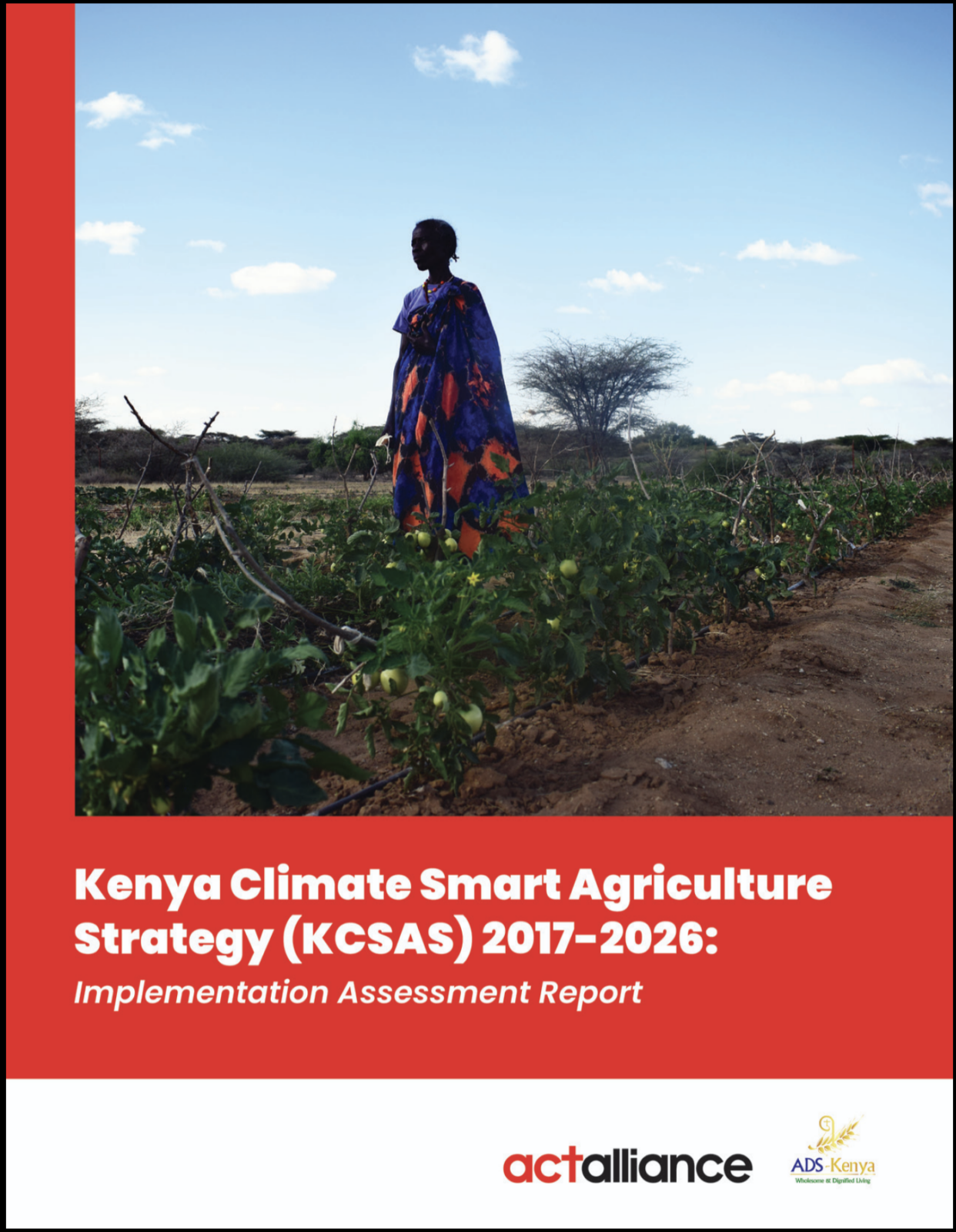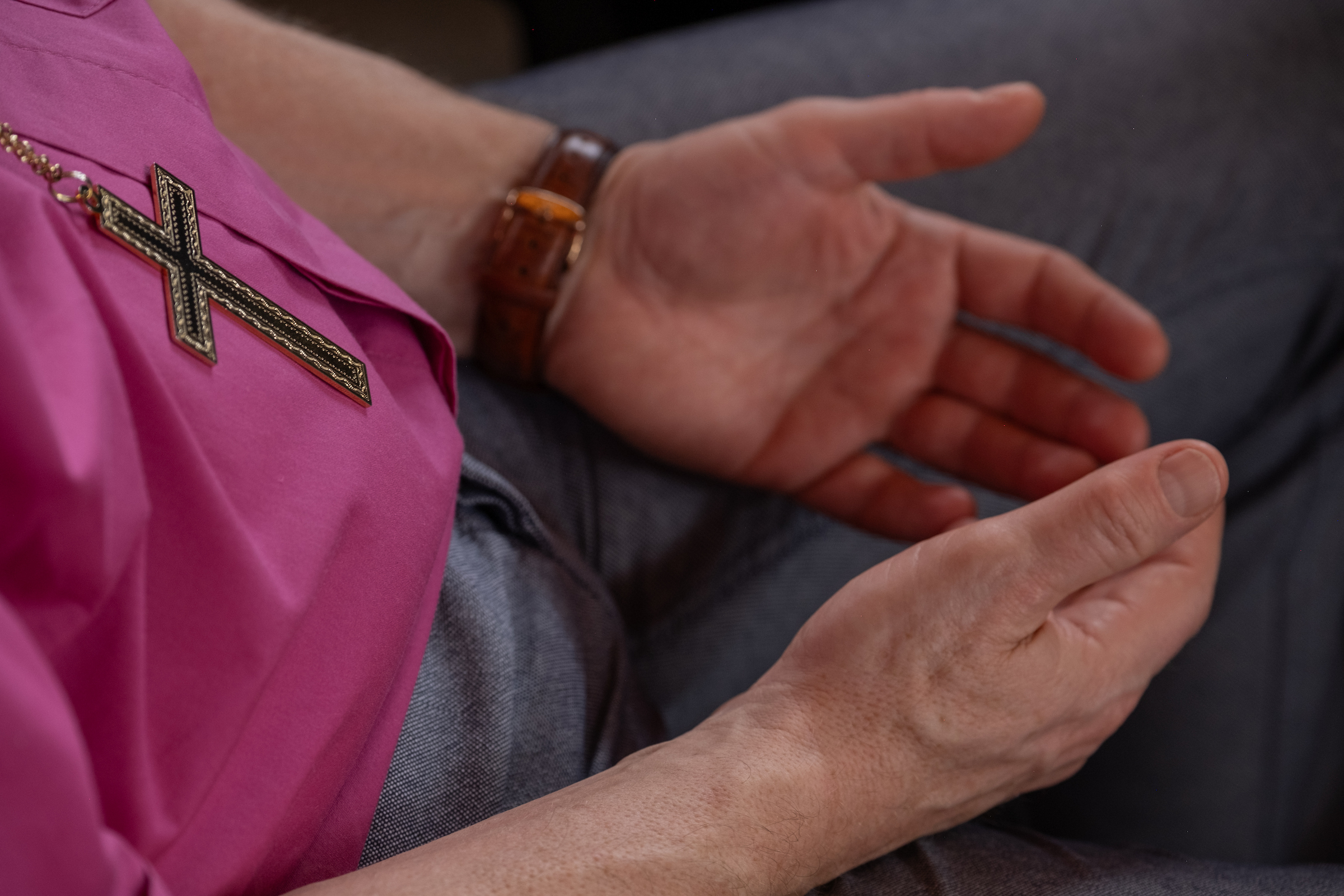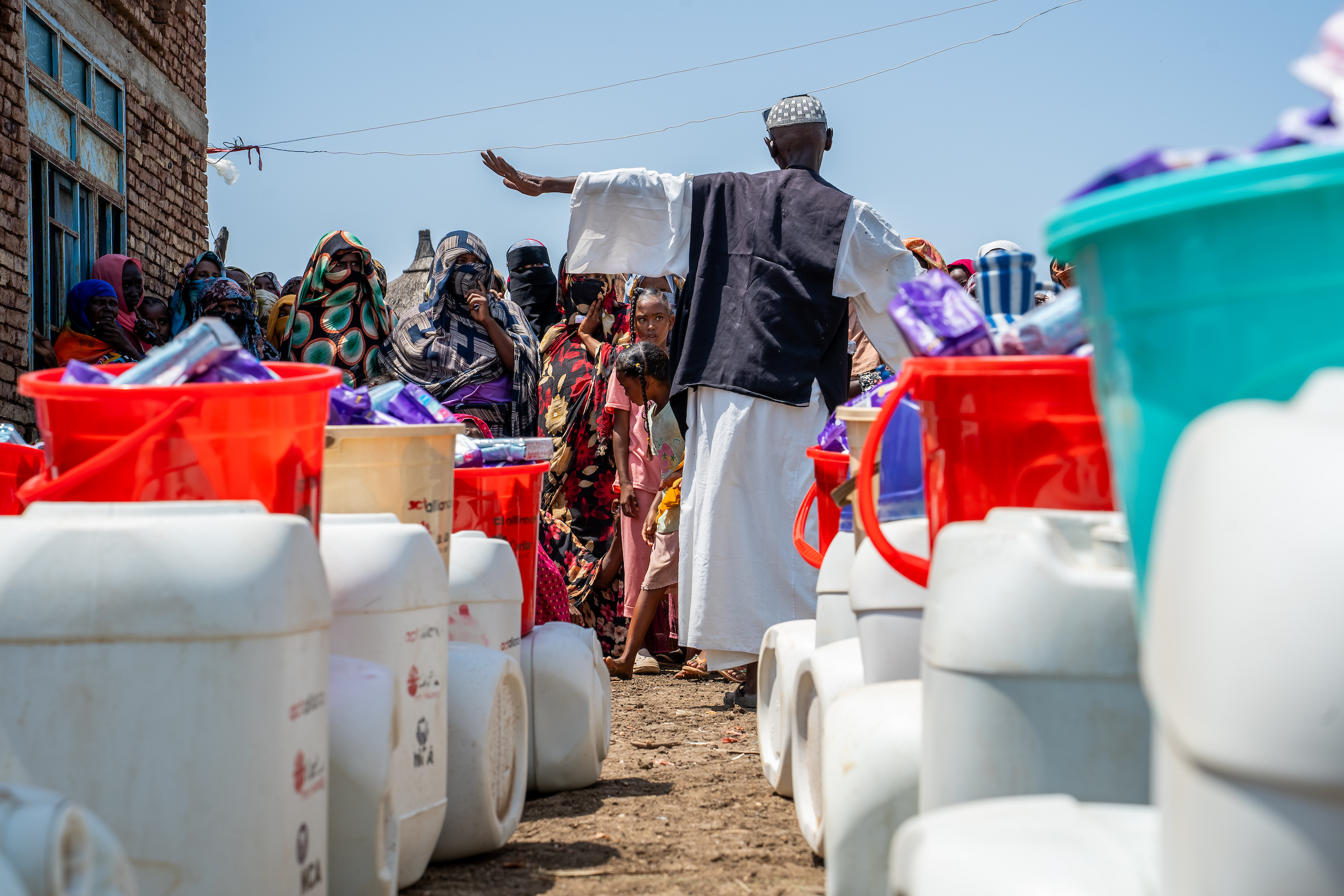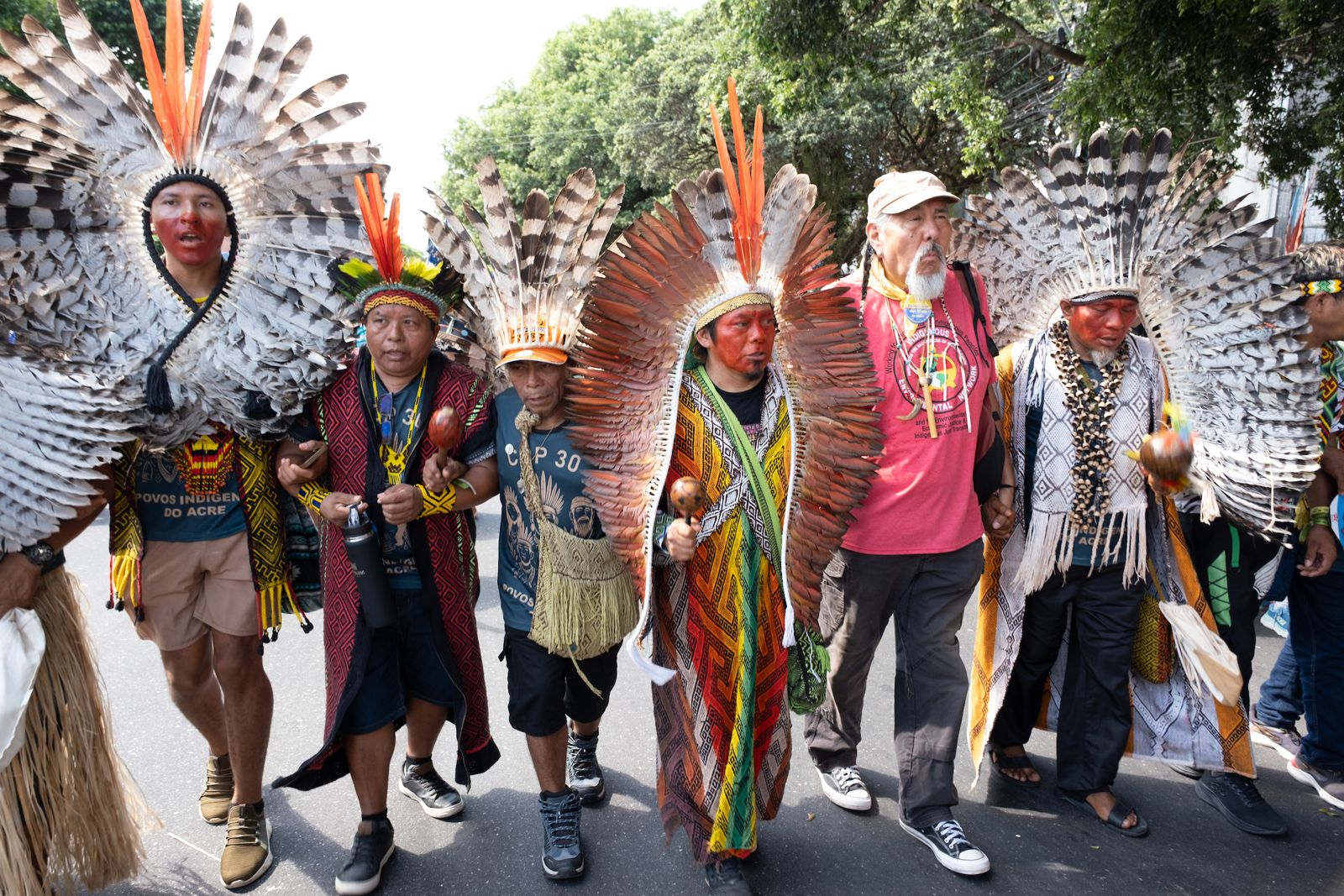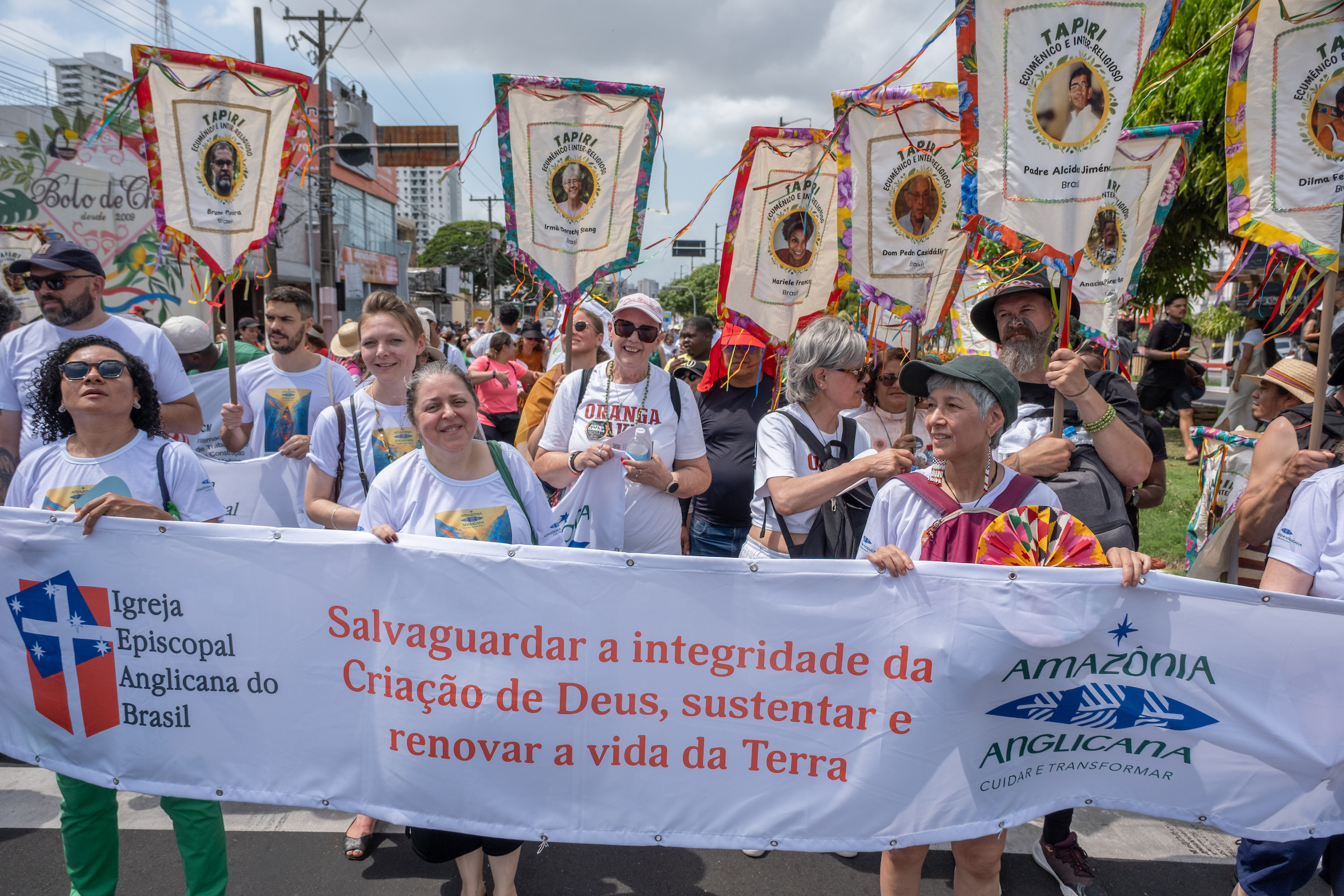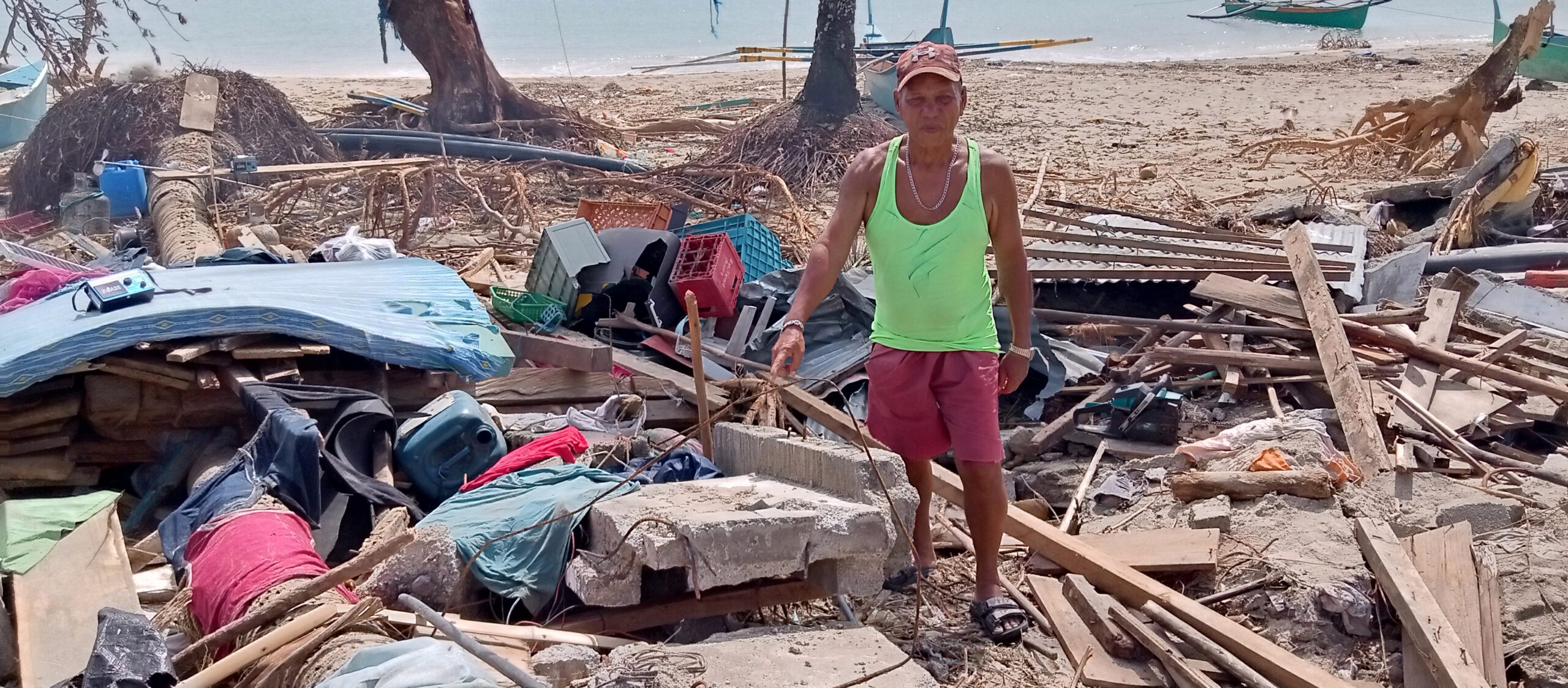FOR IMMEDIATE RELEASE
24 November 2025
Belém, Brazil
”Multilateral cooperation has yet proven to work! Despite COP 30 not meeting all expectations, it has set the much needed momentum. It is no longer business as usual. A new adaptation finance target, a newly launched roadmap to accelerate implementation of actions to limit temperature rise below 1.5 degrees, and a Presidency led discussion next year to phase out fossil fuels in an orderly, and just manner demonstrate the unhinged resolve to move into implementation.”Julius Mbatia - ACT Alliance Global Climate Justice Programme Manager.
As COP30 has come to a close in Belém, ACT Alliance reflects on the outcomes of a conference that carried immense weight for communities on the frontlines of the climate crisis. Throughout the negotiations, ACT Alliance and partners consistently called for a COP that delivers justice: a Global Goal on Adaptation with clear indicators, a meaningful financial architecture that prioritises public and grant-based climate finance, decisive steps toward replenishing the Loss and Damage Fund, and strengthened commitments to a just and equitable transition aligned with the 1.5°C limit.
Our expectations were grounded in human rights, gender equality, Indigenous leadership, and the lived realities of vulnerable communities. As the world confronts worsening climate impacts, COP30 was a critical moment to shift from rhetoric to concrete, measurable action.
COP30 Outcomes Analysis:
- Global Goal on Adaptation & Belem Work Programme
COP30 delivered a landmark signal on adaptation by agreeing to at least triple global adaptation finance by 2035, restoring some trust in multilateral action and offering hope to vulnerable countries. Parties also adopted 60 indicators for the Global Goal on Adaptation and finally approved the long-awaited NAP assessment, recognising progress while highlighting ongoing challenges. However, major gaps remain: the 2035 target does not respond to urgent, immediate adaptation needs, some indicators lack coherence for effective implementation, and there is no clear guidance on scaling support for developing countries or ensuring coherence with biodiversity policies.
“Tripling adaptation finance by 2035 is a welcome political signal, but it does not meet the urgent and rising needs of developing countries today. Without coherent indicators and scaled-up support, we risk delaying the very actions that communities, economies and ecosystems desperately need.”Irene Anena - ACT Alliance Uganda Forum Coordinator.
- Loss and Damage
COP30 opened with the operationalisation of the Fund for Responding to Loss and Damage with a call for applications. . However, the USD 250 million pledged is significantly below the global need of USD 450 billion annually.This amount is far from sufficient to meet the rapidly increasing scale of climate-induced losses.
Although the decision recognises the widening gaps in responding to loss and damage, it does not include a clear call for new and scalable financial support to address those gaps. The absence of a roadmap to increase financing significantly weakens the ability to implement meaningful action. The upcoming Loss and Damage Gap Report must clearly highlight the scale of this financial shortfall.
The decision mentions the need to reduce bureaucratic barriers. However, concerns remain that the governance arrangements of the fund may fail to adequately centre the communities most affected by climate impacts, including Indigenous Peoples.
“COP30 failed to be progressive and to defend the ambitious language in past decisions that protected vulnerable communities especially in conflict situations. Compromise texts walked back progress made over the years and produced watered down language that is not backed by strong means of implementation demands.”Sostina Takure - ACT Alliance Zimbabwe Forum Coordinator.
- Climate Finance, the New Collective Quantified Goal and Baku-Belém Roadmap
COP30 delivered an important outcome: a clear acknowledgment of the responsibility of developed countries to provide adaptation finance. Parties agreed on a new goal to triple adaptation finance by 2035, to be delivered by developed countries.
This funding must be grant-based, ensuring it does not compound the already heavy debt burdens faced by vulnerable nations living with the daily impacts of the climate crisis.
The newly launched work programme on climate finance now provides space for frank, forward-looking discussions on how finance will be provided – including how to operationalise the USD 300 billion and USD 1.3 trillion targets in a way that is fair, equitable, and free from debt-creating instruments. Strong political leadership will be essential to mobilise finance at the scale and in the form required.
“The tension between provision and mobilization of finance continues to cloud debates on finance, while emphasis on what is fair, just, and needed action by developed countries to provide finance watered down by counter debates on global effort that implies even vulnerable nations must foot the climate bill. With this contestation, future work launched at COP 30 to advance exchanges on the matter demonstrates just how much more the core of what we advance - justice and responsibility - must be guarded.”Julius Mbatia - ACT Alliance Global Climate Justice Programme Manager.
- Mitigation, NDCs 3.0 & the 1.5°C Goal
The Mutirao Decision delivered only limited progress. It reaffirmed the need to keep the 1.5°C limit within reach and acknowledged that an overshoot is likely, while stressing that any overshoot must be as brief and as shallow as possible. However, the widely supported roadmaps to phase out fossil fuels were not included in the final decision. Instead, COP30 introduced two voluntary presidency-led initiatives, the Global Implementation Accelerator and the Belém Mission to 1.5°C. The outcome encourages countries to strengthen their NDCs and increase ambition, but does not mandate concrete actions. It remains unclear what tangible results these voluntary initiatives will produce.
“The COP30 outcome is disappointing. At a time when the world needed concrete roadmaps to phase out fossil fuels, protect forests, and strengthen NDCs, we ended with voluntary initiatives. This was a critical opportunity to take firmer steps to keep 1.5°C alive, and leaders failed to seize it. The result falls far short of what science, justice, and the moment demand.”Illari Aragon - Climate Justice Policy Lead, Christian Aid.
- Just Transition Work Programme (JTWP)
The COP30 decision on the Just Transition Work Programme presents some of the strongest rights-based commitments ever included in a COP just transition outcome. It reinforces human rights, the principle of Free, Prior, and Informed Consent for Indigenous Peoples, gender equality, and the empowerment of women, youth, and vulnerable groups. The decision also recognises the heavy debt burdens faced by developing countries and calls for increased grant-based and highly concessional finance, as well as the use of non-debt instruments. This marks an important step toward more equitable approaches to financing a just transition.
Despite these important gains, COP30 fell short in critical areas. The final text does not reference the need to transition away from fossil fuels and fails to address the role of critical minerals in enabling a just transition. This omission weakens global efforts to meet the 1.5°C temperature limit and risks leaving already vulnerable communities further behind.
"The decision’s silence on the urgent need to transition away from fossil fuels and its neglect of critical minerals management reveals a missed opportunity. We risk falling short of the Paris Agreement’s 1.5-degree target and leaving vulnerable communities behind on the journey to a just and cleaner future."Jacqueline Kimeu - Senior Climate and Energy Advisor, Christian Aid.
- Gender Action Plan (GAP)
Many Parties, along with the Women and Gender Constituency, have affirmed that this is an actionable plan. The process itself deserves recognition: it was transparent, inclusive, and open to civil society and caucus groups whose inputs helped shape grounded, relevant actions. This means the agreed actions carry real ownership among the communities they aim to serve.
Still, countries and communities on the frontlines continue to stress a legitimate and urgent need for resources. Adequate finance is essential for both implementing and monitoring the GAP, and developed countries must step up with meaningful support.
To echo Mary Robinson’s words at a Women and Gender Constituency press conference: “This is the only GAP we want at COP30” and now we have it. The GAP is meant to safeguard human rights, protect the environment and its defenders, and uphold everyone’s right to a healthy life on a healthy planet. The task ahead is clear: move from words to action.
“The finally adopted Gender Action Plan is not perfect; key human rights elements were softened throughout negotiations and the text still falls short of applying a fully intersectional approach, Nonetheless, the GAP maintains inclusive language, referring to ‘all,’ and crucially, it retains the core actions needed to implement the UNFCCC’s gender mandate. So now is the time for action.”Margareta Koltai - Policy Advisor, ACT Church of Sweden.
Across mitigation, adaptation, loss and damage, finance, and just transition, elements of justice, equity, human rights, gender equality, Indigenous leadership, localisation, and transparency were variably reflected. Achievements such as the Just Transition Work Programme and the Belém Gender Action Plan demonstrate that rights-based, inclusive approaches can be negotiated and implemented. Yet, critical shortcomings remain. The absence of binding commitments on fossil fuel phase-out, insufficient attention to critical minerals, and gaps in finance for vulnerable communities undermine the ability to meet both scientific and equity imperatives.
Key wins:
- A landmark decision to triple global adaptation finance, providing tangible support to least developed countries and communities already facing climate impacts.
- Recognition of the need to strengthen human rights, gender equality, and Indigenous leadership across key programmes, including adaptation and just transition.
- Momentum towards a more integrated climate agenda, where mitigation, adaptation, and finance are increasingly considered together.
Persistent Gaps:
Despite these advances, the COP30 outcomes fall short of the urgency demanded by the climate crisis:
- Mitigation commitments remain weak, leaving the 1.5°C goal at risk. Concrete roadmaps to phase out fossil fuels and reverse deforestation were not included.
- Financial pledges, particularly for loss and damage, remain insufficient relative to escalating global needs.
- The intersectional implementation of gender, community, and Indigenous rights continues to be inconsistent, leaving vulnerable populations exposed.
“After two weeks of intense and often difficult negotiations, countries have finally adopted the COP30 outcome package. However, this decision was contested in the final plenary, where the deep division between parties became public. We may have an agreement, but the meltdown in the closing plenary tells us something vital: cooperation is no longer automatic. It must be fought for, every time. The cracks widened in the plenary hall, and if they aren’t patched the bedrock will collapse.“Mattias Söderberg - Global Climate Lead in DanChurchAid.
Looking Ahead to COP31:
The challenges left unresolved at COP30 set a critical agenda for COP31. Parties will need to:
- Close adaptation, mitigation, and loss and damage finance gaps through predictable, scaled, and grant-based funding.
- Deliver actionable commitments to reduce emissions and phase out fossil fuels in line with the 1.5°C target.
- Ensure that cross-cutting principles of justice, equity, and community leadership are fully embedded in all decisions.
“COP30 has shown once again that the path to climate justice is neither straightforward nor guaranteed. While the outcomes reflect some progress, they also remind us how far we still have to go to protect the communities most affected by climate change. ACT Alliance remains steadfast in its commitment to justice-centred action, from advocating for adequate adaptation and loss and damage finance, to promoting inclusive decision-making that uplifts Indigenous peoples, women, and vulnerable groups. The work does not end in Belém; it continues in every community where our members work and every negotiation where the voices of the frontline are too often unheard. Justice must guide the implementation of these decisions if the promises of COP30 are to translate into real change for those who need it most.”Rudelmar Bueno De Faria - ACT Alliance Secretary General.

